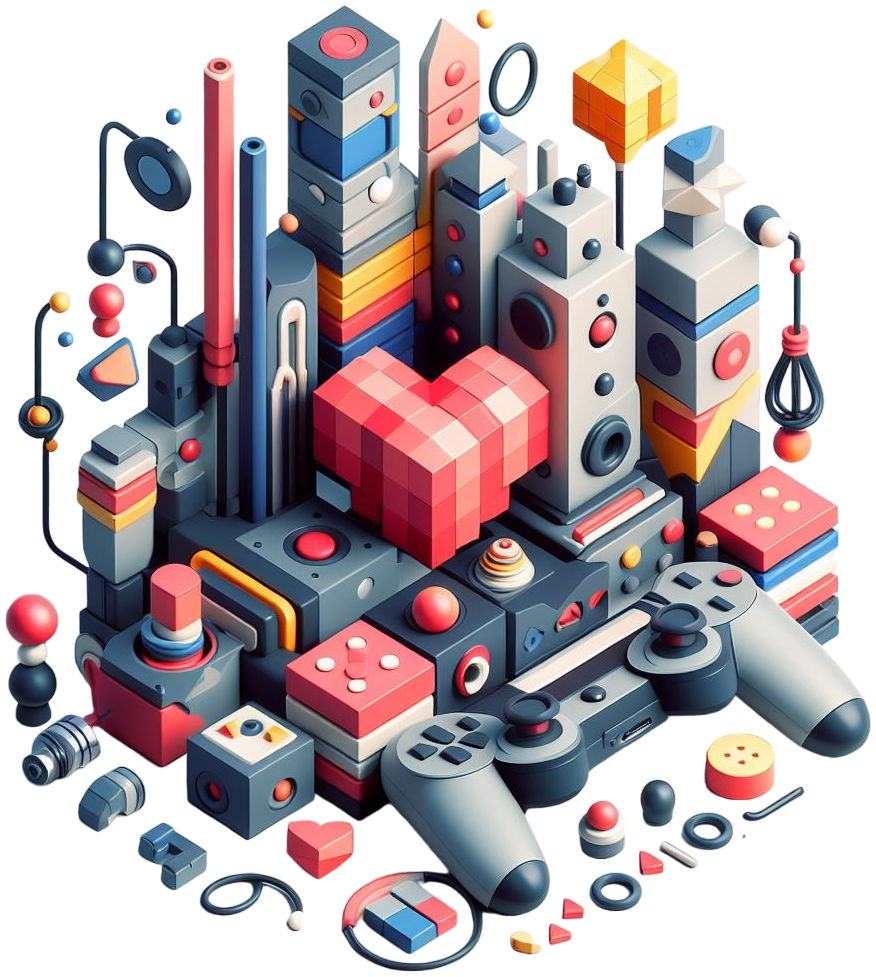BioWare’s Dragon Age trilogy (Origins, Dragon Age II, and Inquisition) isn’t just about saving the world from darkspawn, political conspiracies, and ancient magic—it’s also about building relationships, some of which can evolve into full-blown romances. The series has become a touchstone for players who crave narrative-driven love stories woven into epic RPG adventures. Across three games, Dragon Age delivers a mix of heartfelt storytelling, moral dilemmas, and diverse romantic possibilities.
This review focuses exclusively on how the trilogy handles romance—its strengths, shortcomings, and evolution over time.
Dragon Age: Origins – Foundations of BioWare Romance
Released in 2009, Dragon Age: Origins set the tone for romance in the series. The game offers four romanceable companions—Alistair, Morrigan, Leliana, and Zevran—each with unique personalities, moral outlooks, and story arcs. Romance progression depends on conversation choices, gifts, and approval ratings, which can shift dramatically based on the player’s decisions.
Strengths:
Deep Character Backstories – Each romance unfolds alongside personal quests that reveal vulnerabilities and history.
Integration with Main Plot – Your love interest reacts to major story beats, and certain choices (like Alistair’s fate) can change drastically if romance is involved.
Mature Themes – Relationships can be messy; breakups, betrayals, and sacrifices feel emotionally weighty.
Weaknesses:
The approval system can feel transactional—showering a companion with gifts to “unlock” romance moments breaks immersion for some players.
Limited same-sex romance options (only Leliana for female Wardens and Zevran for male Wardens) reflect the era’s narrower inclusivity.
Dragon Age II – Messy Love in a Messy City
2011’s Dragon Age II took a different approach. Instead of a sprawling epic, it’s an intimate, city-bound tale following Hawke over a decade in Kirkwall. The romance roster expanded to six characters—Anders, Fenris, Merrill, Isabela, Sebastian (DLC), and Aveline (friendship subplot)—with most available regardless of Hawke’s gender.
Strengths:
Romance from Friendship or Rivalry – You can pursue love through deep camaraderie or fiery ideological clashes. A “rivalmance” with Fenris, for example, feels passionate and complicated.
More Casual, Modern Feel – Romances don’t all require perfect approval ratings; attraction can spark even with disagreements.
Queer Inclusivity – Almost all companions are player-sexual, allowing broad choice regardless of gender.
Weaknesses:
Some relationships feel rushed, especially given the time jumps between acts.
A few romance arcs (notably Merrill’s) can feel underdeveloped or overshadowed by the game’s political plot.
Limited epilogue content means romances don’t always get satisfying long-term resolution.
Still, Dragon Age II shines in portraying flawed, human connections in a morally gray world. Relationships feel less like fairy tales and more like real-life entanglements.
Dragon Age: Inquisition – Polished, Cinematic Love Stories
2014’s Dragon Age: Inquisition refined the formula with high production values, fully voiced protagonists, and cinematic cutscenes. The Inquisitor’s romance options include Cassandra, Cullen, Solas, Dorian, Sera, Iron Bull, Blackwall, and Josephine—each with their own requirements regarding gender and race.
Strengths:
Diverse and Intentional Representation – Dorian is a rare example of a gay male companion with a well-written, culturally grounded arc; Sera brings irreverent humor to a lesbian romance; Iron Bull offers a polyamorous option.
High-Quality Presentation – Cutscenes, music, and facial animation make romance moments visually and emotionally striking.
Narrative Payoff – Some romances, like Solas’s, are deeply entwined with the main plot and lead to bittersweet or shocking conclusions.
Weaknesses:
Certain romances are locked behind strict requirements, meaning players can miss out without prior knowledge.
Post-romance interactions can feel repetitive once the main arc concludes.
As in earlier games, romance content can be front-loaded, leaving late-game stretches with fewer new relationship developments.
Evolution of the Trilogy’s Romance
Looking across the series, romance in Dragon Age evolves from a mechanically driven approval system (Origins), to flexible, personality-driven dynamics (II), to cinematic, high-drama love stories (Inquisition). Representation also improves markedly—where Origins offered limited same-sex options, Inquisition embraces LGBTQ+ identities with care and variety.
Romance also becomes increasingly tied to the narrative’s emotional stakes. In Origins, your partner might stand by you in the final battle or sacrifice themselves; in II, their political alignments can strain your bond; in Inquisition, certain love stories directly impact the fate of the world.
Strengths of the Trilogy’s Approach to Romance
Diverse Personalities and Identities – From noble knights to roguish pirates to troubled mages, companions feel distinct.
Meaningful Player Agency – Your choices shape not just who you romance, but how that romance unfolds.
Emotional Resonance – The best arcs blend romance with broader themes of loyalty, ideology, and sacrifice.
Growing Inclusivity – By Inquisition, the series offers some of the most respectful and varied LGBTQ+ representation in RPGs.
Areas for Improvement
Post-Romance Depth – Once the big romantic climax happens, daily interactions often stagnate.
Transparency – Locking romances behind specific race/gender conditions without clear in-game hints can frustrate players.
Balance with Main Plot – Sometimes political or epic storylines overshadow personal relationships.
Final Verdict
The Dragon Age trilogy’s romances aren’t just side quests—they’re emotional anchors that make Thedas feel alive. While the system isn’t perfect, it offers some of the most memorable relationships in gaming, from tender, slow-burn courtships to passionate, messy entanglements. Over three games, BioWare refines its ability to blend love, identity, and epic storytelling into a cohesive whole.
If you’re an RPG fan who values romance as much as combat and exploration, the Dragon Age trilogy is a masterclass in making love stories feel meaningful within a sprawling fantasy world.
Score: 9/10 – Epic love, messy breakups, and heartfelt farewells—Thedas is worth falling for.

